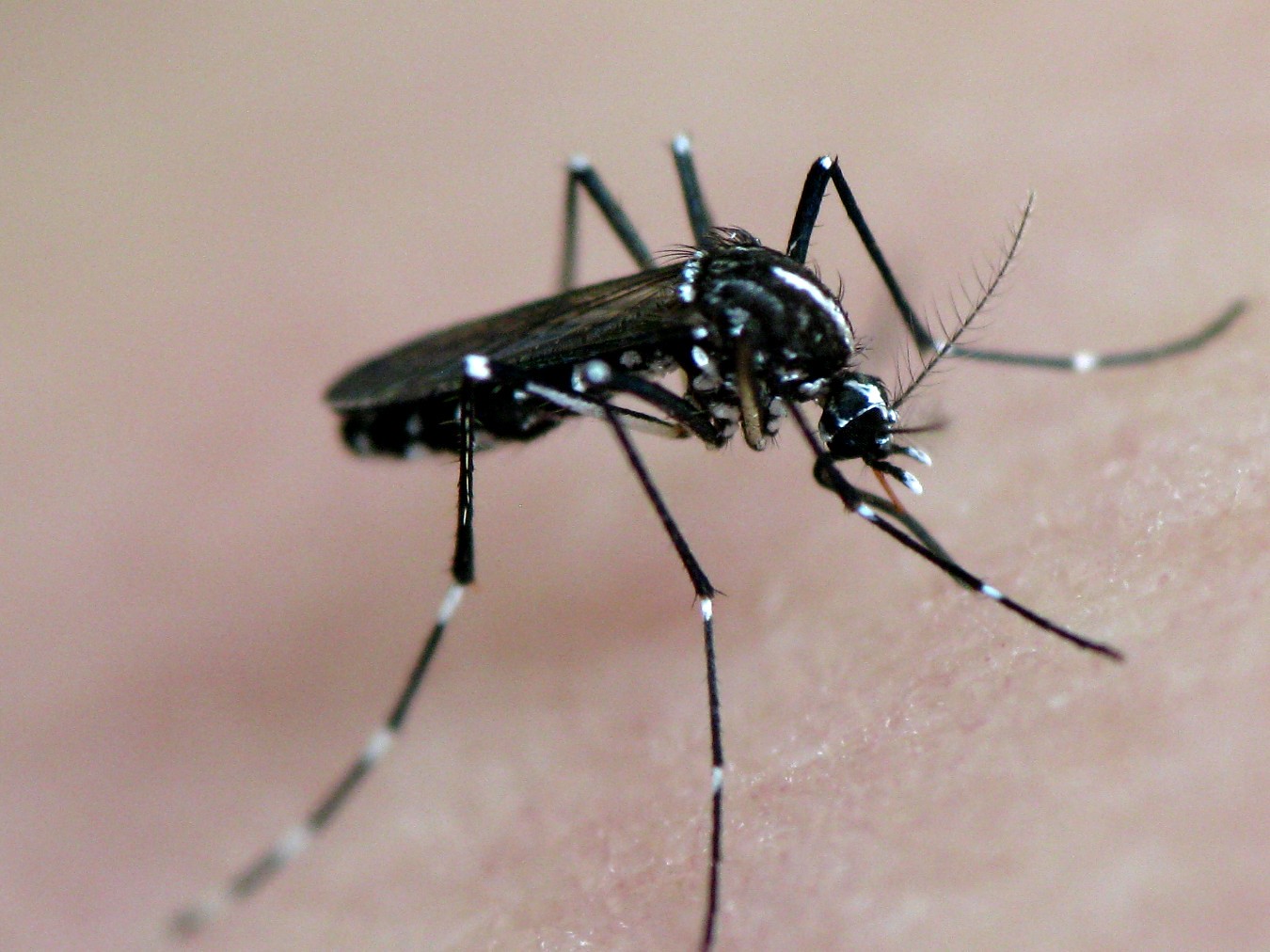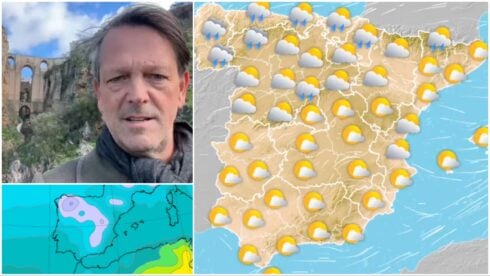THE incoming cold drop will stop the West Nile virus outbreak in its tracks, experts have said.
According to the Doñana Biological Station, once temperatures stop exceeding 20C, the mosquitoes which spread the disease will stop reproducing.
It comes after the virus has infected dozens of people and claimed the lives of seven this year after first being detected in Sevilla.
Mosquito populations boomed by more than 30% this year thanks to a wetter-than-average May and the coronavirus lockdown which saw people confined to their homes for weeks on end.
The virus was first detected in humans in Sevilla towns close to marshlands along the Guadalquivir river, before also being found in Cadiz.
While many areas have been fumigated, many large rice paddies, where the blood suckers are known to breed, cannot receive the same treatment until they are harvested (usually in October).
Residents have naturally been warned to steer clear of rice crops and all marshland areas.
Additionally, as long as temperatures remain close to 30C, as they have done in Sevilla this week, there will continue to be mosquitoes and the risk of West Nile virus spreading.
Therefore people are advised to use repellents and nets in their homes where possible.
There are currently 36 people still infected with the West Nile virus in what is the largest mosquito-borne outbreak in the country since Malaria in the 1960s.
The West Nile virus is a disease transmitted to people by mosquitoes, which have been infected usually by birds.
Birds are considered a reservoir of the disease and normally act as healthy carriers, although they play a very important role in the spread of the virus.
Around 80% of infected people, according to the World Health Organisation (WHO), do not experience symptoms.
Of the 20% of carriers who do show symptoms, the most serious cases can lead to meningitis, which can lead to brain damage and death.
Click here to read more Spain News from The Olive Press.








